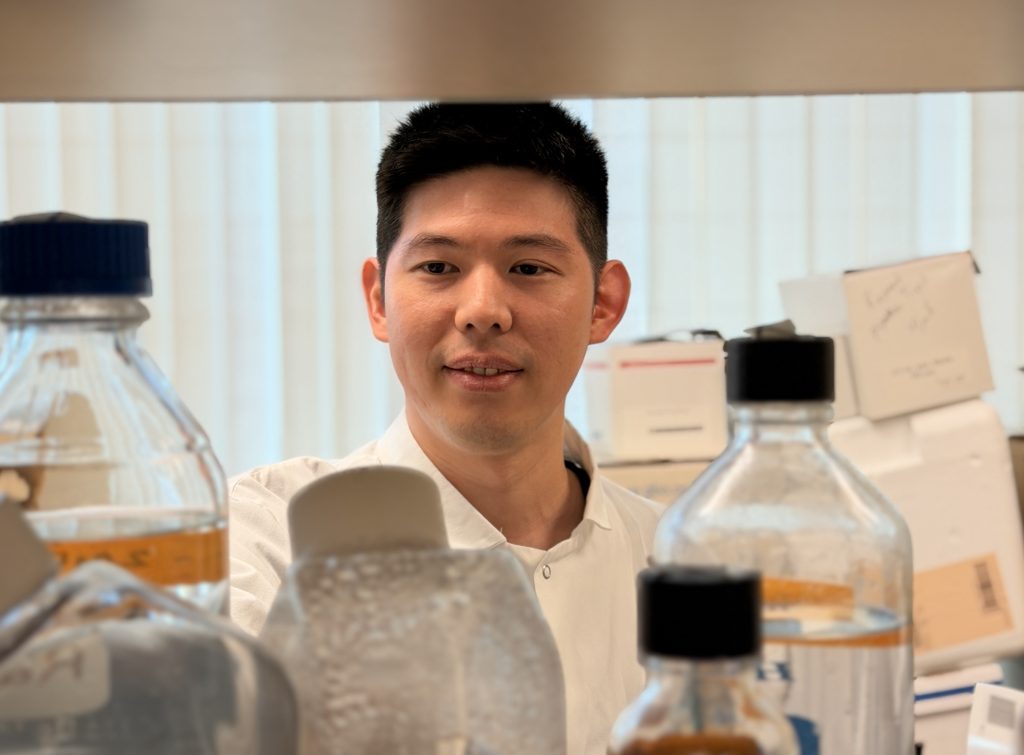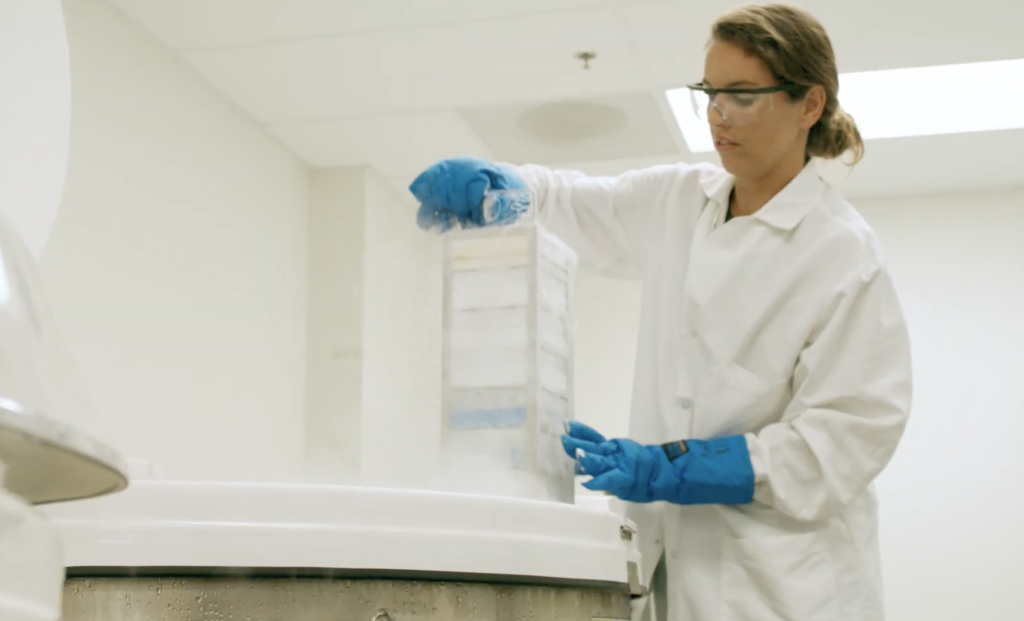LA JOLLA—Scientists at the La Jolla Institute for Immunology (LJI) have received $3.5 million as part of a team award from Aligning Science Across Parkinson’s (ASAP) to support a three-year study into how immune cells may contribute to Parkinson’s disease. The research at LJI will be spearheaded by LJI Research Assistant Professor Cecilia Lindestam Arlehamn, Ph.D., and LJI Professor Alessandro Sette, Dr. Biol. Sci., in a close collaboration with overall study leader Professor David Sulzer, Ph.D., of Columbia University.

More than 930,000 Americans are living with Parkinson’s disease, a degenerative neurological disorder in which the brain cells that normally produce the neurotransmitter dopamine die off. The exact cause of this cell death is unknown. The ASAP initiative supports multidisciplinary, multi-institutional research teams working to uncover the roots of Parkinson’s disease and is working with The Michael J. Fox Foundation for Parkinson’s Research to implement its programs.
In studies published in 2017 and 2020, Arlehamn and Sette reported that the immune system’s T cells contribute to the onset of Parkinson’s disease by targeting a protein called alpha-synuclein, which gathers in damaged clumps on dopamine-producing brain cells. The new funding will allow them to expand on this research by investigating T cells in people at risk of Parkinson’s disease.
“This is very much a follow-up to our previous studies,” says Lindestam Arlehamn. “We’ll be able to look at how this T cell response changes over time and as someone progresses in Parkinson’s disease.”
Arlehamn will also be leading the hunt for other proteins involved in Parkinson’s disease that the immune system might target. These proteins may also work as beacons for self-reactive T cells.
At the same time, Sette will compare T cell populations in people with and without Parkinson’s, with the goal of seeing whether people with Parkinson’s have an overall dysregulated immune system. “That has been a lingering question in the field,” says Sette.
The team will also investigate the theory that the immune system’s response to viral infections could be a “triggering event” that leads immune cells to then target brain cells.
“The interplay between viral infections and immune activity in Parkinson’s disease has not been truly elucidated,” says Sette. “LJI is a great place to do this work because we’ve developed techniques over the years in defining immune responses.”
The new funding of $9 million overall to this project also includes collaborators at the California Institute of Technology and the University of Alabama at Birmingham.
“There is an opportunity for seismic impact in Parkinson’s science today, with smart minds applying cutting-edge technologies to this complex disease. ASAP is providing the funding and resources to fuel the deep and sustained investigations necessary to unlock the causes and contributors of Parkinson’s disease, and we are proud to partner with these exemplary researchers toward that shared goal,” said ASAP leadership.



